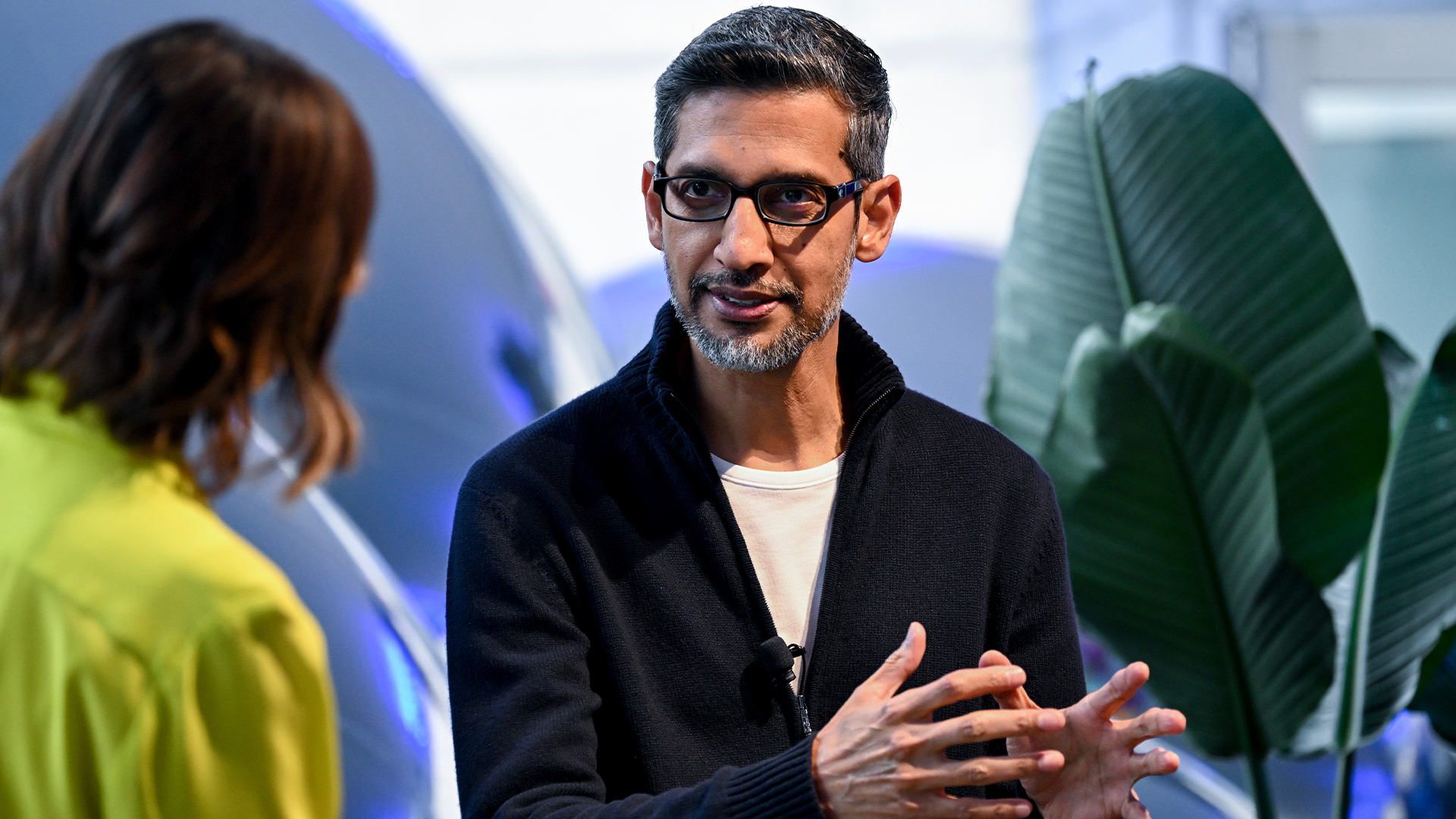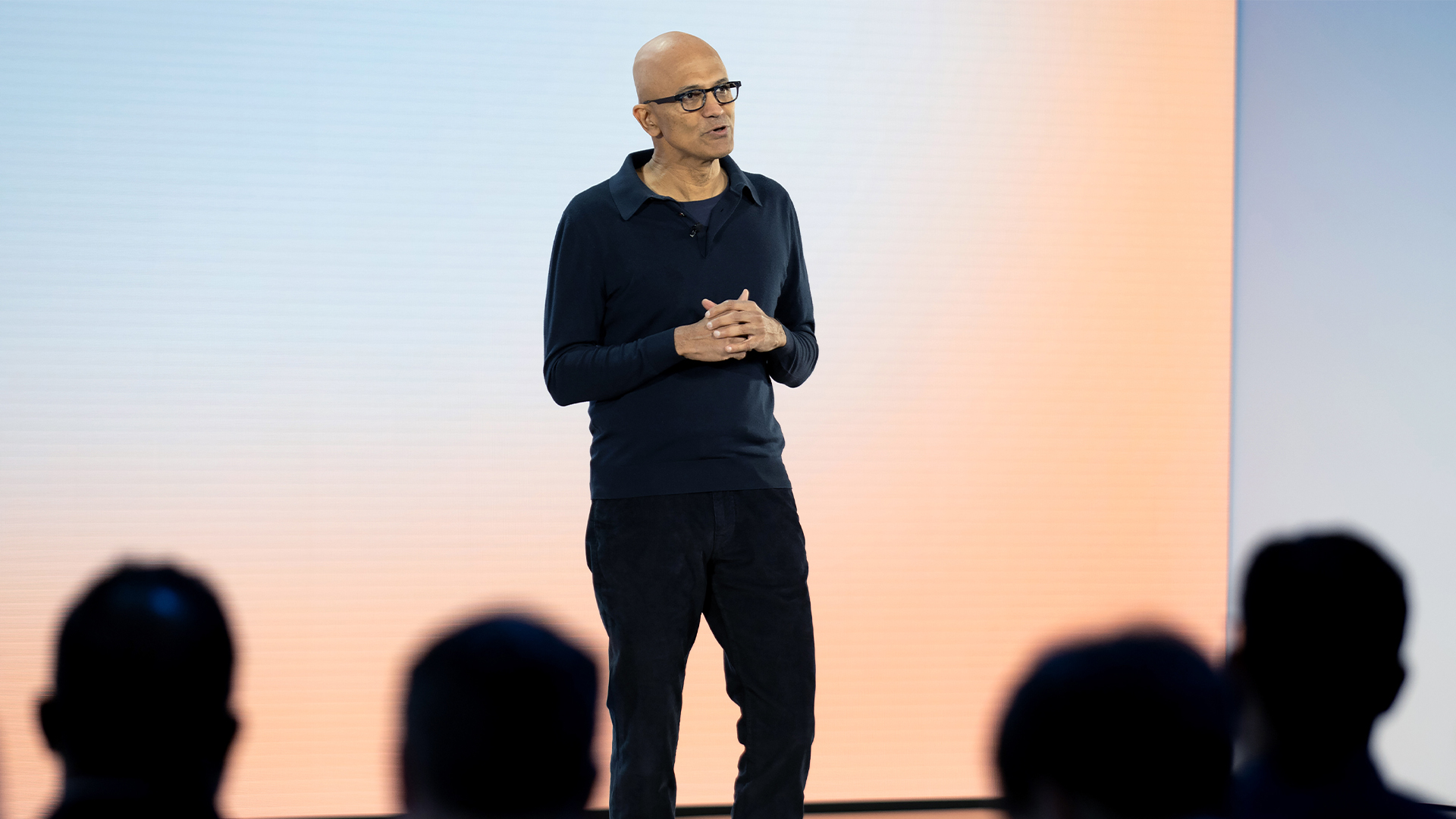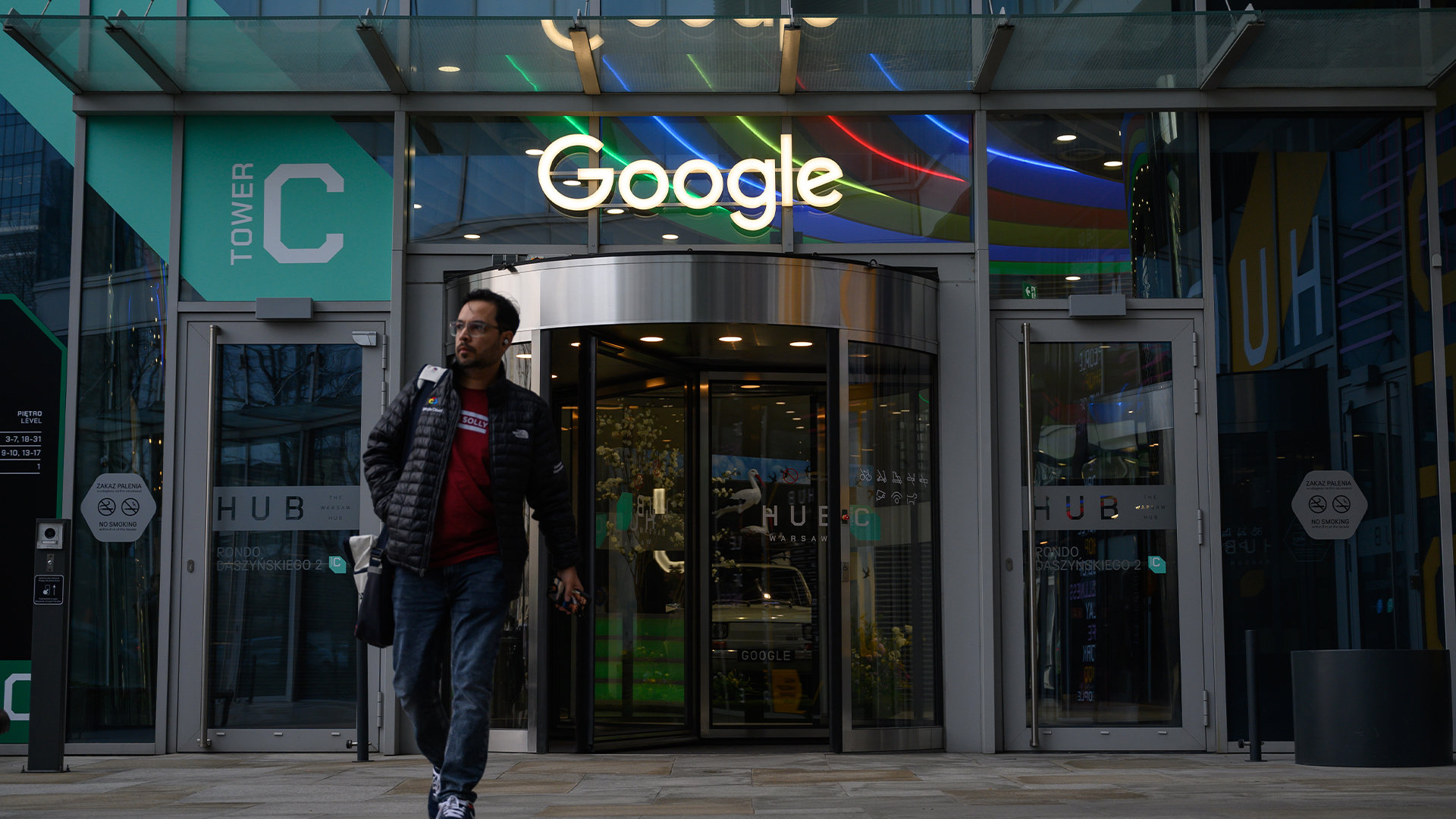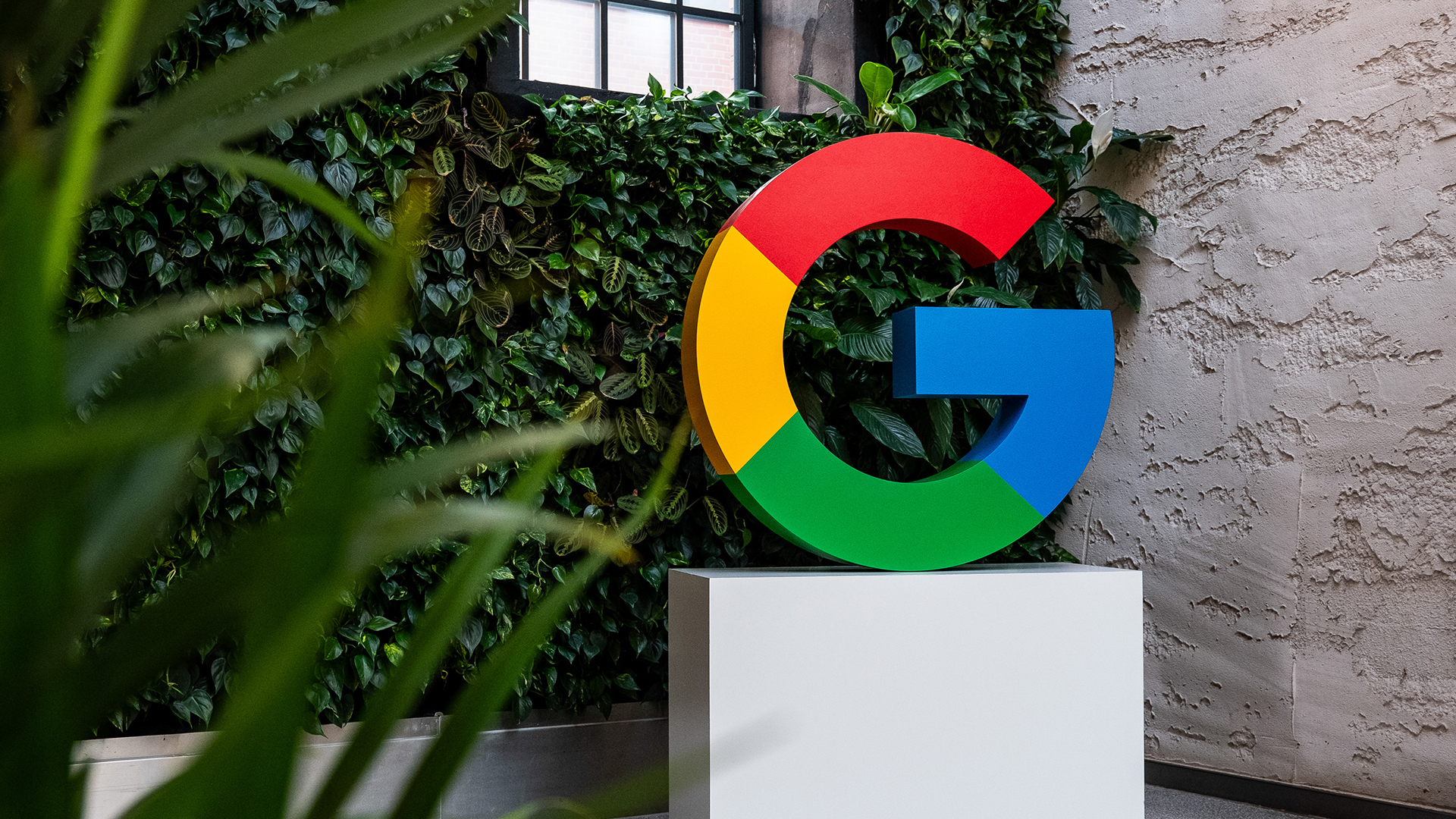DoJ demands Google sells Chrome — and potentially Android too
Confirming earlier reports, the US Department of Justice filing calls for Chrome to be divested over monopoly concerns


The US Department of Justice (DOJ) has formally called for Google to sell Chrome.
Confirming reports earlier this week, the DoJ lists in a court filing a series of remedies in response to an anti-competition ruling in August, in which Google was found to have violated antitrust laws through its online search business.
In particular, regulators focused on the use of payments worth billions of dollars to rival browser makers to ensure that Google was included as a search engine.
The suggested remedies include the widely-anticipated divestment of Chrome, which is by far the world's most popular browser. The DoJ also seeks to prohibit Google from re-entering the browser market for at least five years.
The ruling isn't final. Google is expected to file a counter in December, with a ruling issued by next August. If Google appeals that ruling too, the case could go on for years.
The filing notes that it's difficult to remove Google's dominance from search — and prevent a monopoly from occurring in the future — without considering its ownership of Chrome and Android.
The filing says: "To address these challenges, Google must divest Chrome, which has fortified [Google’s] dominance, so that rivals may pursue distribution partnerships that this reality of control today prevents."
Sign up today and you will receive a free copy of our Future Focus 2025 report - the leading guidance on AI, cybersecurity and other IT challenges as per 700+ senior executives
Is Android next?
The filing also indicated that Google could also be forced to sell Android, unless the company changes its behavior.
Describing Android as "a critical platform on which search competitors rely and for which Google has myriad obvious and not-so-obvious ways to favor its own search products", it pointed out that a divestiture would be the most straightforward option.
However, it said, it would first give the company a chance to implement behavioral remedies that would blunt its ability to use its control of the Android ecosystem to favor its search services and search text ad monopolies. If this has no effect, Android could be sold too.
In a statement, Google describes the filing as 'staggering'.
"DoJ had a chance to propose remedies related to the issue in this case: search distribution agreements with Apple, Mozilla, smartphone OEMs, and wireless carriers," said Kent Walker, president, global affairs and chief legal officer.
RELATED WHITEPAPER

"Instead, DOJ chose to push a radical interventionist agenda that would harm Americans and America’s global technology leadership," he added in a statement. "DOJ’s wildly overbroad proposal goes miles beyond the Court’s decision. It would break a range of Google products — even beyond Search — that people love and find helpful in their everyday lives."
The move has attracted condemnation from parts of the industry.
"This entire case has been premised on a disturbing and unsupported premise: a company that has achieved success through superior innovation can nonetheless be held liable under the antitrust laws for reasons beyond consumer welfare," said Chris Mohr, president of the Software and Information Industry Association (SIIA).
"As a result, the extreme remedies recommended by the Department of Justice benefit no one other than Google’s business competitors while harming both the consumers who really like Google services and the developers who benefit from the current ecosystem."
Rob Retzlaff, executive director of the Connected Commerce Council (3C), argued that the suggested mitigations would have wider impacts. "The DoJ's proposed remedies would severely harm America's small business owners, who leverage Google's secure, cost-effective integrated tools to run and grow their business," he said.
Emma Woollacott is a freelance journalist writing for publications including the BBC, Private Eye, Forbes, Raconteur and specialist technology titles.
-
 Swiss government data published following supply chain attack – here’s what we know about the culprits
Swiss government data published following supply chain attack – here’s what we know about the culpritsNews Radix, a non-profit organization in the health promotion sector, supplies a number of federal offices, whose data has apparently been accessed.
-
 GitHub CEO Thomas Dohmke thinks there’s still a place for junior developers in the age of AI
GitHub CEO Thomas Dohmke thinks there’s still a place for junior developers in the age of AINews GitHub CEO Thomas Dohmke believes junior developers still play a crucial role in the hierarchy of software development teams, and AI won't change that any time soon.
-
 Google CEO Sundar Pichai is unfazed by AI job cuts — workers might not share the same optimism
Google CEO Sundar Pichai is unfazed by AI job cuts — workers might not share the same optimismAnalysis Google CEO Sundar Pichai is upbeat about the impact of AI on the workforce, but workers might not share the same optimism amid repeated waves of job cuts.
-
 Microsoft workers face a fresh round of layoffs – here’s who could be impacted
Microsoft workers face a fresh round of layoffs – here’s who could be impactedNews Microsoft will cut 6% of its workforce, equivalent to around 6,000 workers, as part of its latest cost-cutting drive.
-
 Google tells some remote workers to return to the office or risk losing jobs
Google tells some remote workers to return to the office or risk losing jobsNews Google has warned remote workers will need to return to the office or else lose their jobs, according to reports.
-
 Google breakup plans would ‘hurt America’s consumers, economy, and technological leadership’, senior exec claims
Google breakup plans would ‘hurt America’s consumers, economy, and technological leadership’, senior exec claimsNews Google has struck back against US regulators, claiming that plans to dismantle the company would "hurt the economy".
-
 Google faces 'first of its kind' class action for search ads overcharging in UK
Google faces 'first of its kind' class action for search ads overcharging in UKNews Google faces a "first of its kind" £5 billion lawsuit in the UK over accusations it has a monopoly in digital advertising that allows it to overcharge customers.
-
 Google just released a new AI agent for data scientists on Colab, and it’s free to use
Google just released a new AI agent for data scientists on Colab, and it’s free to useNews Google Labs has made Data Science Agent available to all Colab users in a bid to help developers speed up application design.
-
 ‘Europe could do it, but it's chosen not to do it’: Eric Schmidt thinks EU regulation will stifle AI innovation – but Britain has a huge opportunity
‘Europe could do it, but it's chosen not to do it’: Eric Schmidt thinks EU regulation will stifle AI innovation – but Britain has a huge opportunityNews Former Google CEO Eric Schmidt believes EU AI regulation is hampering innovation in the region and placing enterprises at a disadvantage.
-
 Google Cloud names new VP for UK&I and Sub-Saharan Africa
Google Cloud names new VP for UK&I and Sub-Saharan AfricaNews The experienced executive will lead Google Cloud's operations and sales strategy across the two regions
